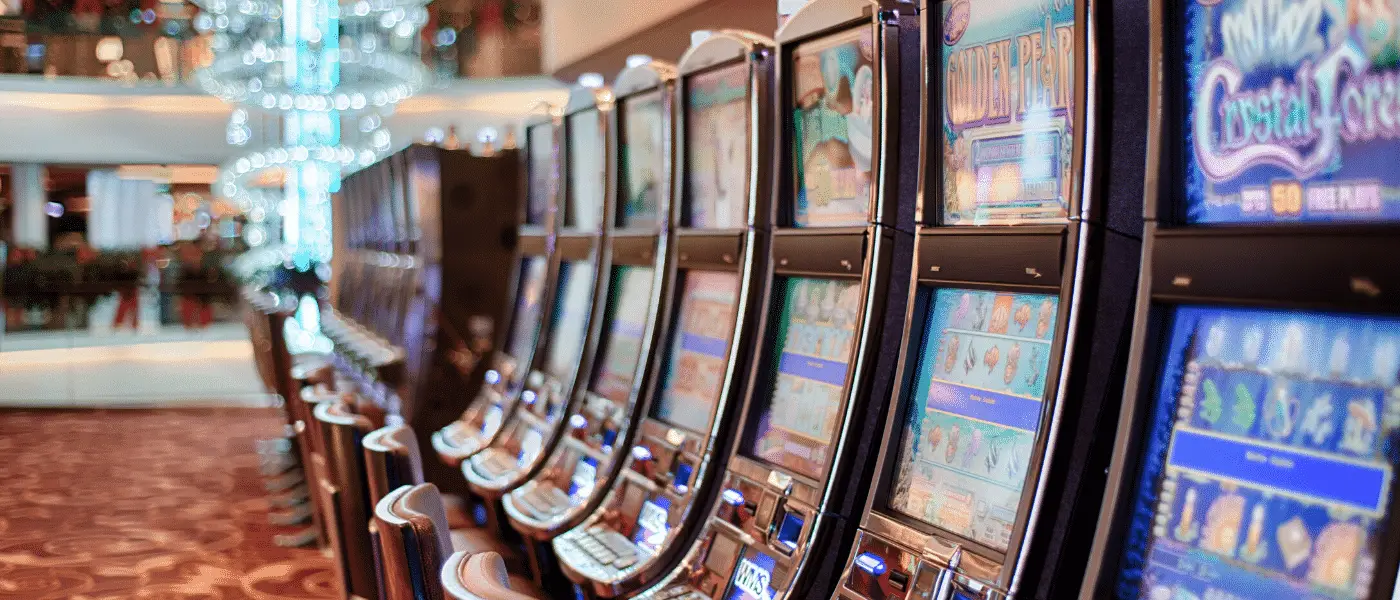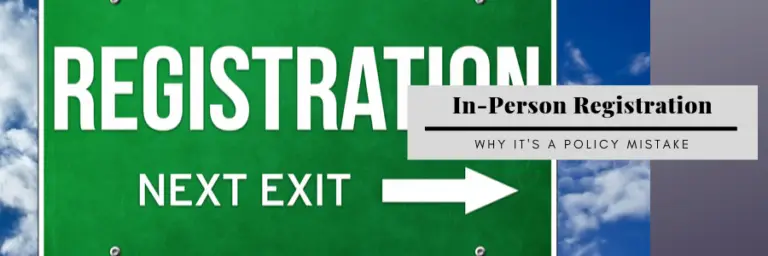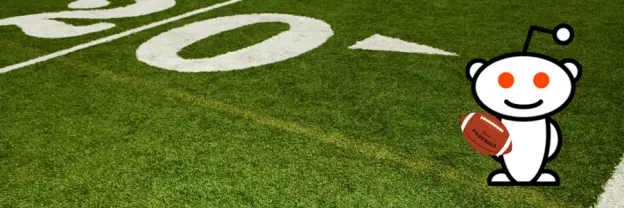Online Gambling Ushers In a New Era Of Tribal Gaming

The (IGRA) was established in 1988 as a “means of promoting tribal economic development, self-sufficiency, and strong tribal governments.” Thirty-plus years later, it’s safe to say that The IGRA has accomplished that goal.
But that doesn’t mean it’s been all puppy dogs and rainbows. From to to a changing gambling landscape (the spread of gambling, the rise of online gambling, and the introduction of new quasi-gambling products), IGRA no longer provides the safety net it once did.
That was on full display during the COVID-19 shutdowns last Spring. Tribal and commercial casino operators closed their doors, but commercial operators in some locales had a contingency plan: online gambling. Where legal, online gambling served as a life vest for commercial gambling operators – not tribal operators.
Online gambling is an outlet available to commercial casino operators. Still, unlike land-based casinos, the constraints of IGRA (most notably, the “on Indian lands” stipulation) place online gambling in the no-go basket for tribal operators. This argument comes down to “where a bet takes place,” covered in-depth in this article.
For many years, tribal operators fell somewhere between highly skeptical of and outright opposed to online gambling. But with the spread of online gambling and the reality slap that was COVID-19, it’s clear that tribes no longer have the luxury of avoiding the issue, and across the country, we’re seeing tribes dipping their foot in the online pool.
The Path of Least Resistance
The simplest way to deal with IGRA’s “on Indian lands” language is to avoid IGRA altogether and go around it. Meaning, rather than amend its compact to include online gambling (opening up the real possibility of legal challenges), a tribe can apply for a commercial online gambling license. That is contingent upon the state legalizing online gambling and authorizing tribes to apply for a license.
This approach has worked in states with tribal monopolies (Arizona and Connecticut) and in states with tribal and commercial operators (Michigan).
However, it’s unlikely to work everywhere. Stakeholder divisions between tribes and commercial operators are one potential roadblock.
Favorable and unfavorable compacts are another hurdle. A state may look to grab a more significant piece of the pie from online gambling in locales where tribes have favorable compacts, and tribes might use online gambling to offset existing burdens or even to renegotiate a lower tax rate.
And finally, while the workaround has been successful, it’s not the permanent solution tribes are looking for as it cuts into their sovereignty and chips away at the independence of tribal gaming.
A Legal Battle Brewing?
The other option is for a state and a tribe to renegotiate a new gambling compact that includes online gambling and see what happens.
Will the Department of Interior approve a compact that authorizes statewide online gambling, even if the gambler isn’t located on tribal land?
If approved by the DOI, would a legal challenge emerge from a competitor or an anti-gambling group?
This is the scenario unfolding in Florida. A new tribal compact negotiated by the Seminole Tribe and Gov. Ron DeSantis would allow the tribe to offer statewide mobile sports betting as long as the gambling servers are located on tribal lands.
Looking Into the Future
Tribes are no longer an obstacle to online gambling unless, of course, they would be cut out of the equation. But the path forward for tribal gaming operators is an interesting one.
The first track has little risk, but it would further blur the lines between tribal gaming and commercial gaming, which is already occurring as tribes purchase or operate commercial casinos.
Track two is fraught with peril, a perfect example of a high-risk, high-reward scenario. Even if it is determined that IGRA doesn’t allow tribes to offer online gambling off tribal lands, Track 1 is still on the table. The problem is legal battles take years to play out, and that delay could leave tribes in the rearview mirror.
Of course, tribes across the country could travel down Track 1 while the Seminole Tribe attempts to take Track 2 in Florida. If the Seminoles come up short, it would be business as usual for other gaming tribes. If the Seminoles prevail, and server location is the ultimate determinate of where a bet takes place, all the tribes on Track 1 could start to look for a junction where they can switch tracks.







